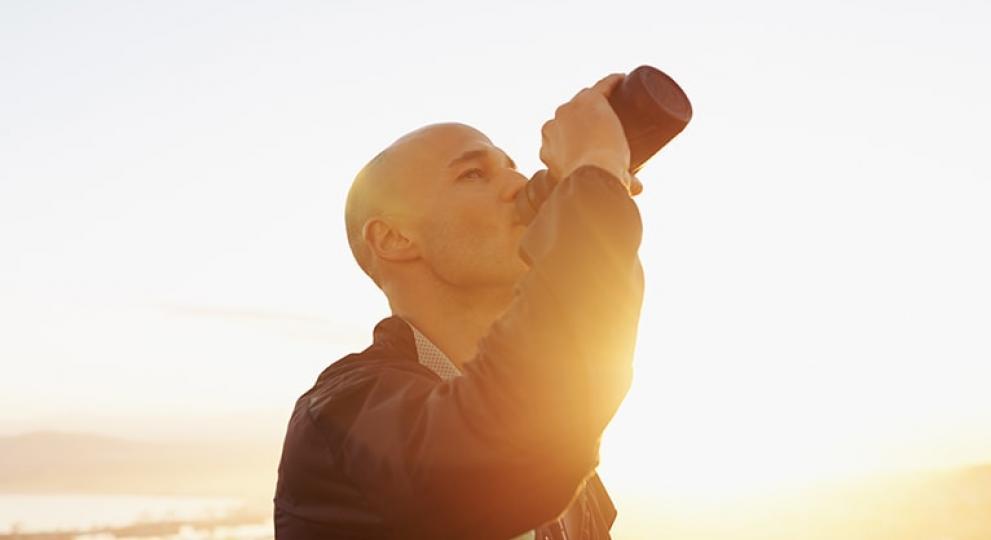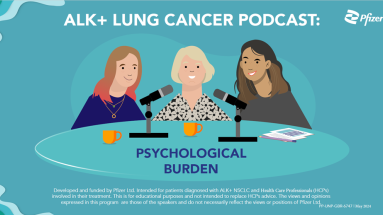Managing nutritional concerns: diarrhoea
Diarrhoea can be caused by certain cancer treatments, and can be described as, frequent, loose, soft, or watery bowel movements that can quickly lead to dehydration. When you are dehydrated, your body loses water, nutrition and electrolytes. If you are experiencing diarrhoea, notify your doctor. Your doctor may advise you to take medications to slow down your diarrhoea.1
Tips for people experiencing diarrhoea2,3:
- Eat small frequent meals (five or six times a day) instead of three large meals
- Avoid greasy and fatty foods, foods high in fibre, raw vegetables and caffeine
- Some people who are intolerant to lactose may also need to limit dairy products
- Be sure to stay hydrated. Drink a minimum of eight to ten 300 mL (half a pint) glasses of fluid per day, such as water, broth, fruit juices or decaffeinated tea
- Use wet wipes to gently clean yourself after each bowel movement to prevent irritation, soreness and bleeding
More information is available at Macmillan Cancer Support
References
- Diarrhea: Cancer related causes and how to cope. Mayo Clinic. Accessed August 2022.
- Elliot, L. Symptom Management of Cancer Therapies in Lesser M, Ledesma N, Bergerson S, Trujillo E, eds. Oncology Nutrition for Clinical Practice. Oncology Nutrition Dietetic Practice Group of the Academy of Nutrition and Dietetics: 2013. pg 116.
- Macmillan Cancer Support. If you have diarrhoea. 2019. Accessed August 2022.
The health information contained herein is provided for educational purposes only and is not intended to replace discussions with a medical professional. All decisions regarding patient care should be made with a medical professional.










